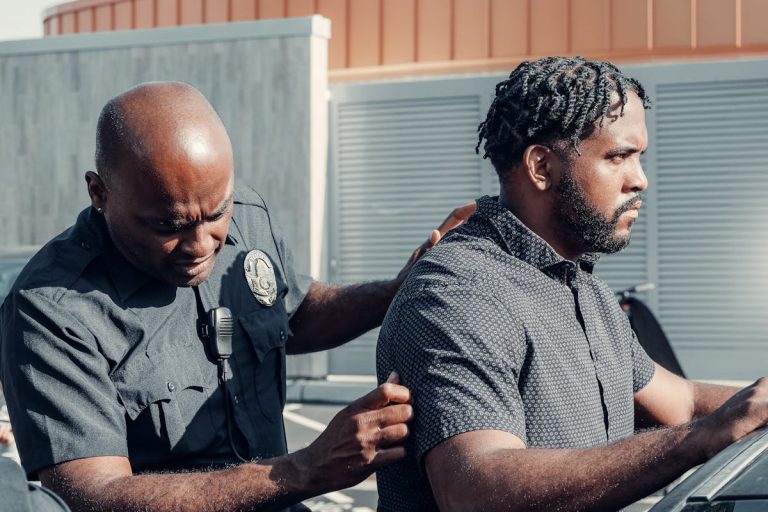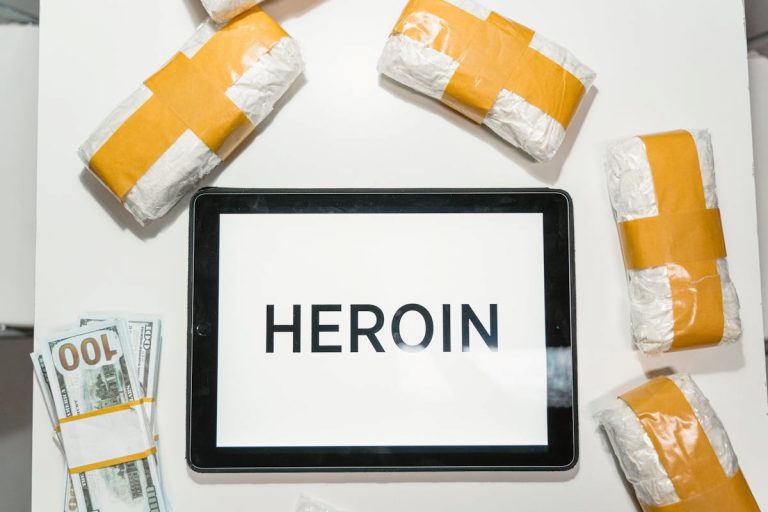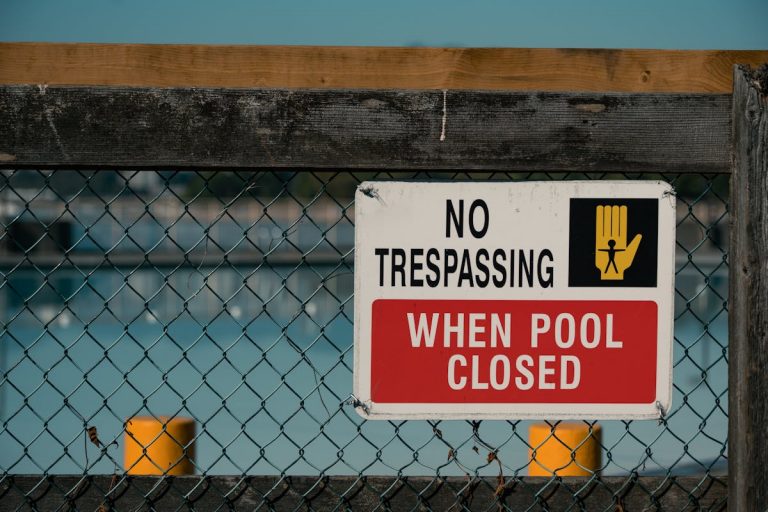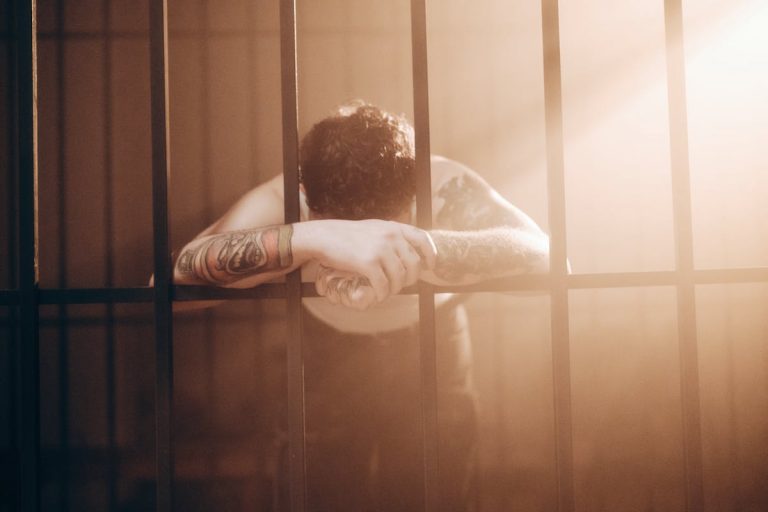The issue of whether or not one can refuse a sobriety test is one that elicits multiple perspectives, largely dependent on the legal and moral underpinnings of the concerned parties. While it is technically within your rights to refuse such a test, the implications of such an action, which may include immediate arrest or license suspension, can be severe. This often leaves individuals in a quandary, caught between their rights and potential legal repercussions. This discourse invites further exploration into the complexities and potential ramifications of refusing a sobriety test.
Understanding Sobriety Tests
A driver’s understanding of sobriety tests is essential when maneuvering potential encounters with law enforcement. Sobriety tests are procedures used by law enforcement to determine a driver’s level of impairment due to alcohol or narcotics. There are three primary types of tests; field sobriety tests (FSTs), breathalyzer tests, and chemical tests.
Field sobriety tests are usually the first to be administered during a traffic stop. They include tests such as the horizontal gaze nystagmus (HGN), the walk-and-turn, and the one-leg stand test. These tests assess the driver’s physical and cognitive impairment. However, their accuracy varies and can be influenced by factors such as the driver’s physical condition, nervousness, and even footwear.
Breathalyzer tests measure the driver’s blood alcohol concentration (BAC) through a breath sample. Despite its widespread usage, it is not infallible. Factors like mouth alcohol, certain medical conditions, and even some diets can affect the test’s accuracy.
Chemical tests, such as blood and urine tests, are typically conducted at a medical facility. These tests can detect not only alcohol but also drugs. However, they too have limitations, including potential errors in lab procedures and false positives due to certain medications.
Your Rights During a Traffic Stop
Understanding your rights during a traffic stop can provide a sense of control and reduce anxiety during these encounters. It is essential to realize that your rights begin the moment police interactions commence. From the onset, officers must have a reasonable suspicion of illegal activity to justify a traffic stop, and should communicate the reason for the stop promptly.
Your traffic stop rights encompass several key aspects. To begin with, you have the right to remain silent, barring the requirement to provide identification and vehicle registration. In addition, consent for vehicle searches is not obligatory. Without your permission or probable cause, police may not search your vehicle. Thirdly, your right to refuse field sobriety tests exists, although it may come with consequences (to be discussed subsequently).
If your rights seem violated, try to remember specific details about the encounter, such as the officer’s badge number and the time and location of the incident. Avoid arguing on the spot and consider filing a complaint later. Understanding and exercising your rights during a traffic stop can potentially protect you from unwarranted complications.
Consequences of Refusing a Test
While you have the right to refuse a field sobriety test, this decision may come with serious consequences. The repercussions of such a choice are dependent on the specifics of your situation, the state in which you reside, and the discretion of the arresting officer and court.
One consequence might be an immediate arrest. While test outcomes can provide evidence of impairment, their absence does not guarantee freedom. Refusal could be interpreted as an admission of guilt, leading to immediate arrest based on observed behavior and suspicion of impairment.
Additionally, refusal can influence court proceedings. Judges and juries may draw negative inferences from your refusal, potentially leading to harsher penalties. Furthermore, in some jurisdictions, refusal can result in automatic license suspension or revocation.
Legal advice is essential when managing these complex issues. Understanding the potential consequences can help you make an informed decision in the moment. However, it is always recommended to consult with a legal professional for specific guidance tailored to your situation.
Implied Consent Laws Explained
Implied consent laws represent a significant aspect of driving regulations in the United States. Fundamentally, these laws stipulate that when individuals obtain their driver’s license, they inherently agree to submit to chemical tests for impairment if stopped by law enforcement. This could include breath, blood, or urine testing methods.
The central premise of implied consent laws is to enforce the societal expectation that road users should not operate vehicles while under the influence of drugs or alcohol. Implied consent, accordingly, serves as a deterrent, aiming to reduce instances of impaired driving and subsequently enhance road safety.
Nonetheless, refusal to comply with this implied consent can result in immediate and substantial legal ramifications. These can include license suspension or revocation, fines, and in some states, jail time. It’s important to recognize that these penalties are administrative and separate from any criminal charges that might arise from a DUI conviction.
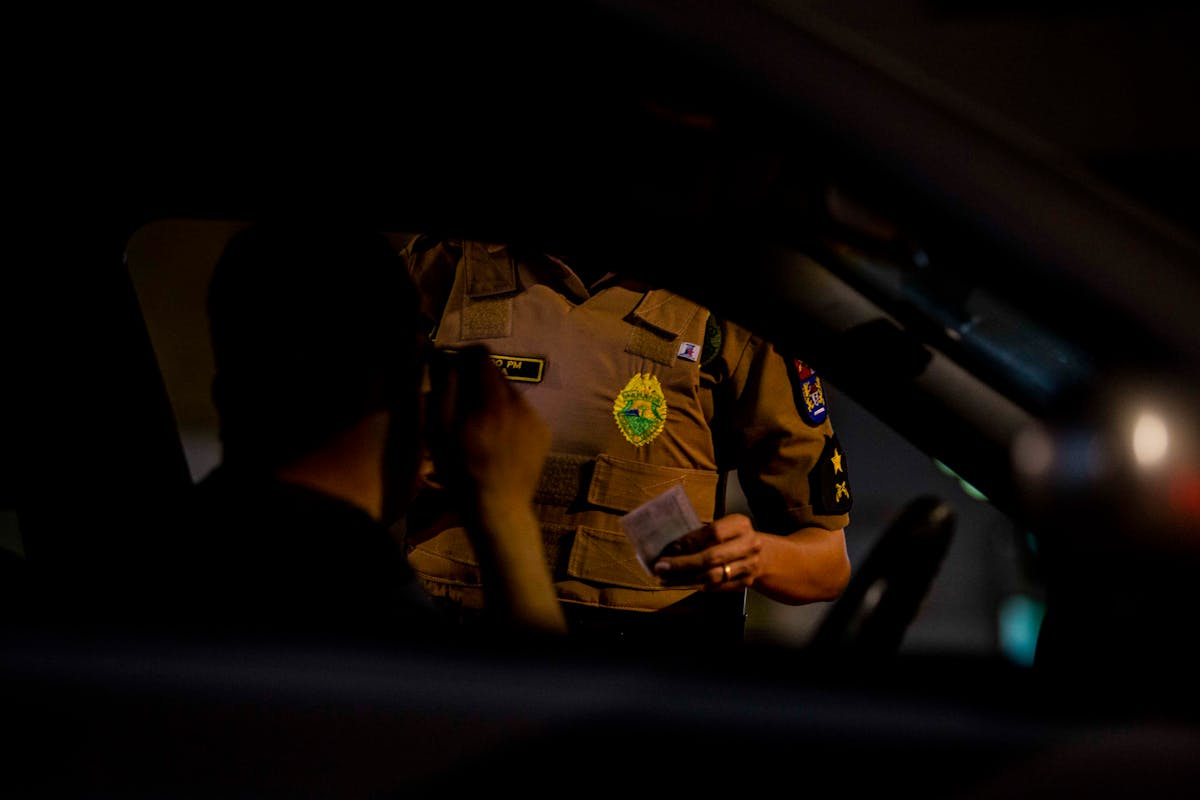
Field Sobriety Tests vs. Breathalyzer
In the domain of DUI enforcement, two predominant methods are employed by law enforcement officers: field sobriety tests and breathalyzer tests. Each method has its own set of constraints and considerations.
Field sobriety tests often include tasks such as standing on one leg or walking in a straight line, which are designed to gauge a driver’s physical and cognitive impairment due to alcohol. However, their subjective nature can lead to inconsistencies in result interpretation. Factors such as physical conditions, nervousness, or even road conditions can impact performance, and consequently, the test results.
On the other hand, breathalyzer tests provide a more objective measure of impairment. They measure the amount of alcohol in a person’s breath, which is then converted to an estimate of blood alcohol concentration (BAC). Despite the breathalyzer’s accuracy in detecting alcohol presence, it is not infallible. Factors such as calibration errors, physiological differences, or the presence of certain substances can affect the test’s precision.
Legal Implications of Test Refusal
Frequently, the question arises about the potential consequences of refusing a sobriety test during a DUI stop. The legal implications of such a refusal vary by jurisdiction, but they can be severe. The refusal rationale often stems from a misunderstanding of the law and a misguided belief that refusing will allow one to avoid DUI charges.
Test consequences can include immediate license suspension, fines, and even jail time. In most states, a driver’s license is a privilege, not a right, and by operating a vehicle, one implicitly agrees to submit to sobriety testing under implied consent laws. Refusal is thus seen as a violation of this agreement and carries penalties often more severe than those for DUI itself.
Moreover, refusal can be used as evidence of guilt in court. Many jurisdictions interpret refusal as an admission of guilt, which can negate any benefits gained from avoiding the test results. It is essential to understand that while refusing might seem like a viable strategy, the legal implications often outweigh any perceived benefits. It is always advisable to consult with a legal professional when facing such decisions.
Case Studies: Refusing Sobriety Tests
To further our understanding of the real-world implications of sobriety test refusal, we shall examine several relevant case studies. These examples will illuminate the legal consequences that have been faced by individuals who have made the choice to refuse a sobriety test. By studying these incidents, we can gain a grounded, fact-based perspective on the outcomes and ramifications of such decisions.
Legal Consequences of Refusal
Despite the common belief, there can be severe legal consequences associated with refusing a sobriety test. Numerous jurisdictions treat refusal as a criminal act, which can result in penalties such as license suspension, fines, or even jail time. This is primarily because of implied consent laws, where driving is seen as an implicit agreement to undergo sobriety tests if requested by law enforcement.
Refusal strategies and legal defenses can be complex and often require expertise in legal nuances. For instance, one could argue a lack of probable cause for the initial traffic stop. However, such defenses are typically difficult to prove and may not negate the consequences of refusal. Additionally, refusal might weaken your demeanor in court, as it can be interpreted as an admission of guilt.
Furthermore, even if a refusal defense is successful, the refusal itself can still have significant repercussions on your driving privileges. Consequently, while refusing a sobriety test might seem like a viable strategy at first glance, it’s important to understand the potential legal consequences and consult with a legal professional to fully grasp the implications of such a decision.
Real-Life Test Refusal Incidents
In the domain of real-world incidents, there exist numerous case studies that underline the repercussions of refusing sobriety tests. These real-life scenarios offer a glimpse into the outcomes of such decisions, shaped by diverse legal jurisdictions and their respective policies.
Test refusal statistics often indicate a higher likelihood of severe penalties compared to those who comply. For instance, an incident in New Jersey involved a driver being asked to perform a breathalyzer test. Upon refusal, he was subjected to an automatic suspension of his driving privileges for seven months, a fine, and mandatory participation in an alcohol education program.
Another case study from California involves a driver who refused a field sobriety test, arguing the supposed inaccuracy of such tests. The court, however, upheld his subsequent arrest and conviction, stating that refusal could be considered evidence of guilt.
These case studies illustrate the potential consequences of refusal, which can range from license suspension, fines, and even imprisonment. The severity of these penalties underscores the importance of understanding your rights and the implications of refusing a sobriety test. It is advisable to consult with a legal expert if faced with such a situation.
Navigating DUI Checkpoints
Maneuvering DUI checkpoints requires an extensive understanding of the process and awareness of your legal rights. Checkpoints are strategically established by law enforcement agencies to detect and deter impaired driving, but it’s essential to grasp what you are legally obligated to do when you encounter one. In the ensuing discussion, we will dissect the complexities of DUI checkpoints and expound upon the rights of drivers during these encounters.
Understanding DUI Checkpoints
Although you may feel intimidated at DUI checkpoints, it is crucial to understand your rights and responsibilities during these encounters with law enforcement. Checkpoint procedures vary between jurisdictions, but universally they are aimed at detecting impaired drivers to guarantee public safety.
DUI checkpoints, also known as sobriety checkpoints, involve law enforcement officers stopping vehicles at certain predetermined locations to check drivers for signs of intoxication and impairment. The officers may ask drivers if they’ve been drinking, request their license and registration, or look for physical signs of impairment like bloodshot eyes or the smell of alcohol.
Checkpoint legality is another aspect that needs to be understood. The U.S Supreme Court has ruled that DUI checkpoints are legal under federal law, as long as they are conducted in a manner that minimizes intrusion and maintains safety. However, some state laws prohibit them, which makes understanding DUI checkpoints a matter of both federal and state law.
Knowing the checkpoint procedures and their legality can help you navigate a DUI checkpoint with confidence and respect for the process. Always remember, these procedures are in place to protect you and everyone else on the road.
Legal Rights at Checkpoints
As you approach a DUI checkpoint, knowledge of your legal rights is vital. It’s important to understand that checkpoint procedures are governed by specific laws and regulations. They must adhere to a pre-determined and publicly available operational plan, and cannot arbitrarily stop motorists.
While law enforcement officers have the right to ask you brief questions to determine your sobriety, they cannot search your vehicle without probable cause or your consent. You have the right to refuse to participate in field sobriety tests, although this decision may carry consequences, depending on your jurisdiction’s implied consent laws.
If you’re arrested at a checkpoint, remember that you are entitled to legal representation before answering any further questions. It’s significant to acknowledge that anything you say can be used against you in court. Hence, it is always advisable to insist on your right to counsel before providing detailed answers.
Frequently Asked Questions
How Does Alcohol Affect My Driving Skills?
Alcohol metabolism can slow reaction times and impair judgment, greatly impacting driving skills. It reduces coordination, concentration, and the ability to process information, thereby increasing the risk of accidents on the road.
What Are the Signs Police Officers Look for to Suspect Drunk Driving?
Police officers often look for behavioral cues such as erratic driving, slow reaction times, and poor coordination. Additionally, field sobriety tests may be used to assess balance, attention, and physical ability, further indicating potential impairment.
Is There a Legal Drinking Limit Different for Commercial Drivers?
Yes, commercial driver regulations typically stipulate lower legal alcohol tolerance levels. In the US, the limit is typically 0.04% BAC, half of the 0.08% limit for non-commercial drivers, but varies globally.
How Can I Contest a DUI Charge in Court?
Contesting a DUI charge in court often involves challenging the validity of court evidence or negotiating plea deals. Qualified legal counsel can critically analyze the case for any procedural or technical errors.
What Alternative Punishments Exist for DUI Convictions Aside From License Suspension?
Alternative penalties for DUI convictions may include fines, probation, mandatory alcohol education programs, ignition interlock device installation, and community service. The exact punishment can vary based on jurisdiction and severity of the offense.
